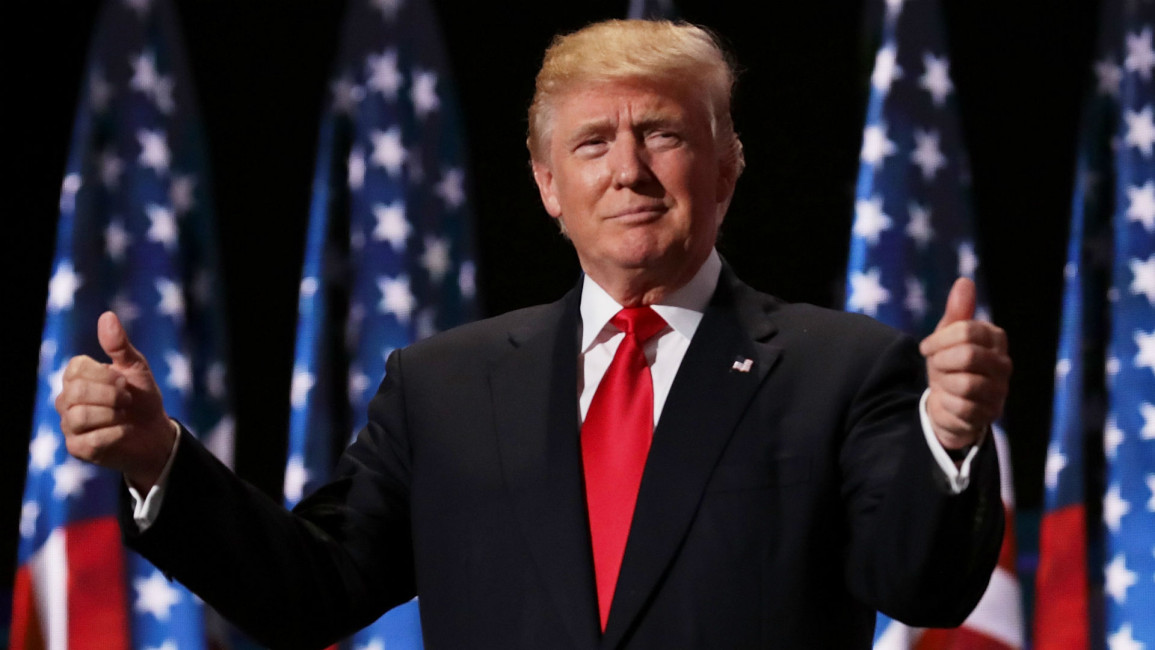Supreme Court allows full enforcement of Trump's travel ban
The United States Supreme Court on Monday allowed the Trump administration to fully enforce a ban on travel to the US by residents of six Muslim-majority countries.
Although the court's justices are still expected to rule on the ban's legality, as challenges to the policy are wind through the federal courts, the action indicates that it may eventually approve the latest version of the ban.
White House spokesman Hogan Gidley said the White House is "not surprised by today's Supreme Court decision permitting immediate enforcement of the President's proclamation limiting travel from countries presenting heightened risks of terrorism."
Opponents of the ban, dubbed the 'Muslim ban,' have said the policy shows a strong bias against Muslims. They say that sentiment was reinforced most recently by Trump's retweets of anti-Muslim videos.
"President Trump's anti-Muslim prejudice is no secret. He has repeatedly confirmed it, including just last week on Twitter. It's unfortunate that the full ban can move forward for now, but this order does not address the merits of our claims," said Omar Jadwat, director of the American Civil Liberties Union's Immigrants' Rights Project. The ACLU is representing some opponents of the ban.
The new policy is not expected to cause the chaos that ensued at airports when Trump rolled out his first ban without warning in January.
The ban applies to travelers from Chad, Iran, Libya, Somalia, Syria and Yemen. Lower courts had said people from those nations with a claim of a bona fide relationship with someone in the United States could not be kept out of the country. Grandparents, cousins and other relatives were among those courts said could not be excluded.
The courts were borrowing language the Supreme Court itself came up with last summer to allow partial enforcement of an earlier version of the ban.
Now, those relationships will no longer provide a blanket exemption from the ban, although visa officials can make exceptions on a case-by-case basis.
The justices offered no explanation for their order, but the administration had said that blocking the full ban was causing irreparable harm because the policy is based on legitimate national security and foreign policy concerns.
In lawsuits filed in Hawaii and Maryland, federal courts said the updated travel ban violated federal immigration law. The travel policy also applies to travelers from North Korea and to some Venezuelan government officials and their families, but the lawsuits did not challenge those restrictions. Also unaffected are refugees. A temporary ban on refugees expired in October.
All the rulings so far have been on a preliminary basis. The San Francisco-based 9th US Circuit Court of Appeals and the 4th US Circuit Court of Appeals in Richmond, Virginia, will be holding arguments on the legality of the ban this week.
Both appeals courts are dealing with the issue on an accelerated basis, and the Supreme Court noted it expects those courts to reach decisions with appropriate dispatch.
Quick resolution by appellate courts would allow the Supreme Court to hear and decide the issue this term, by the end of June.



